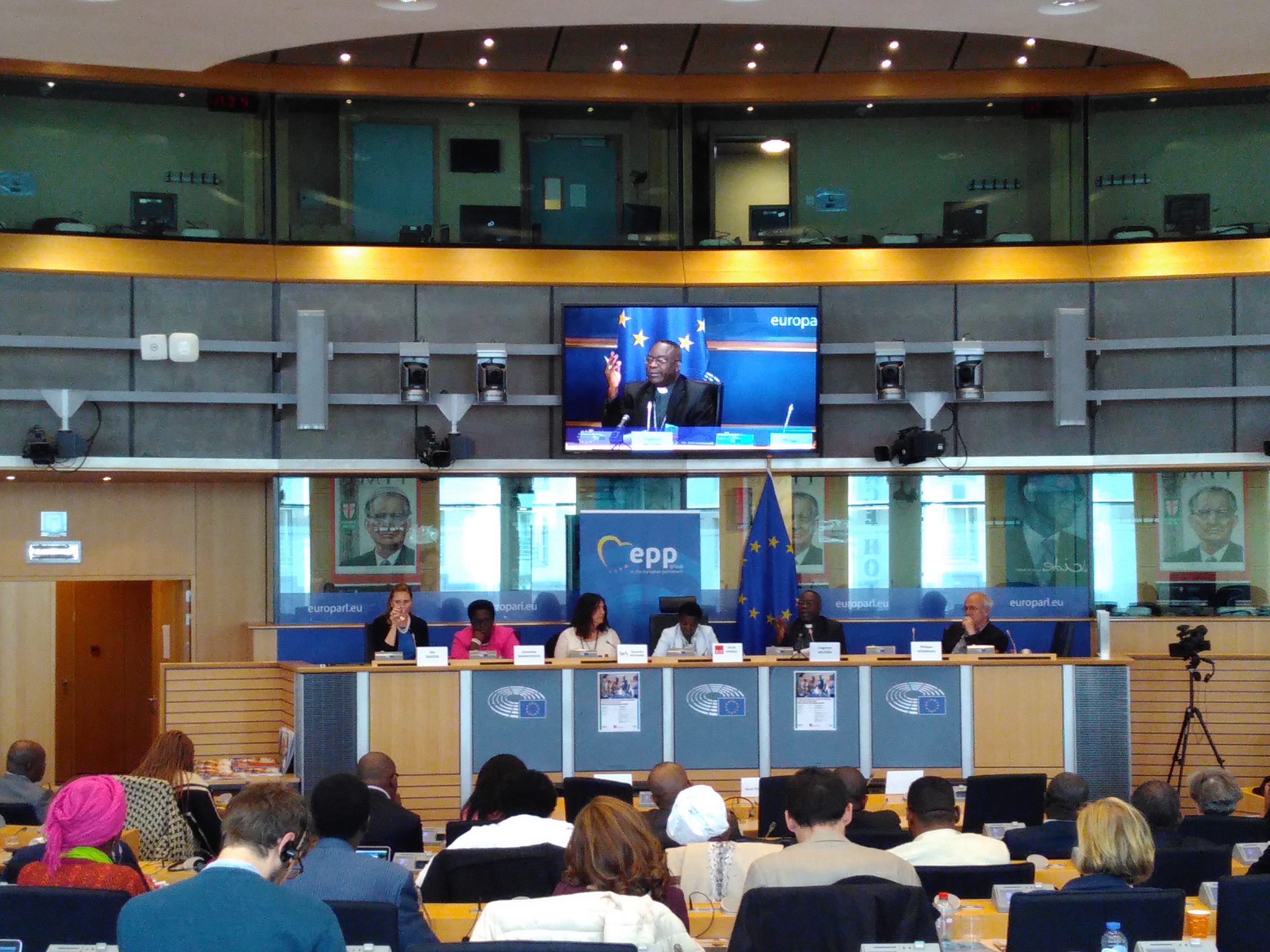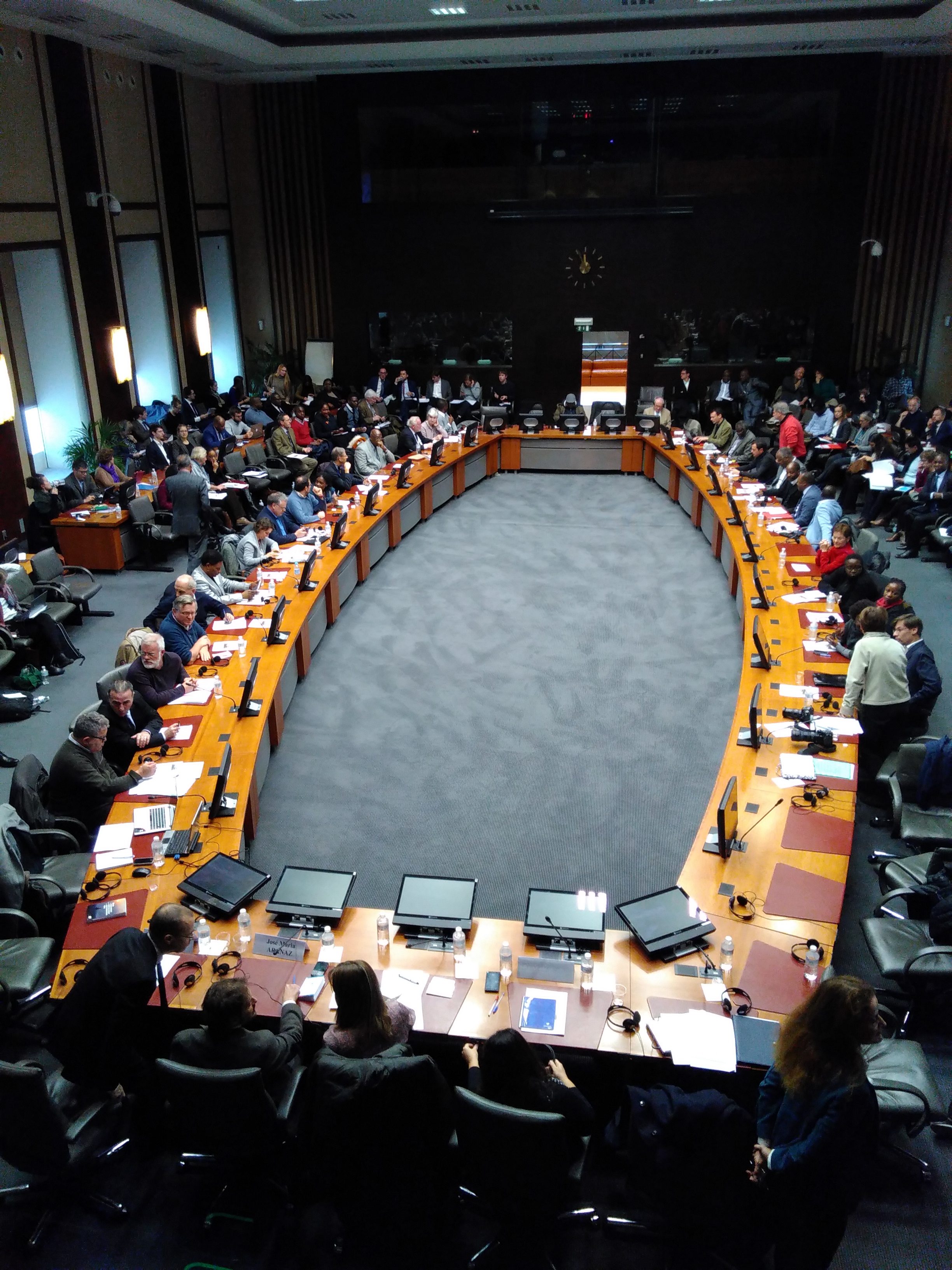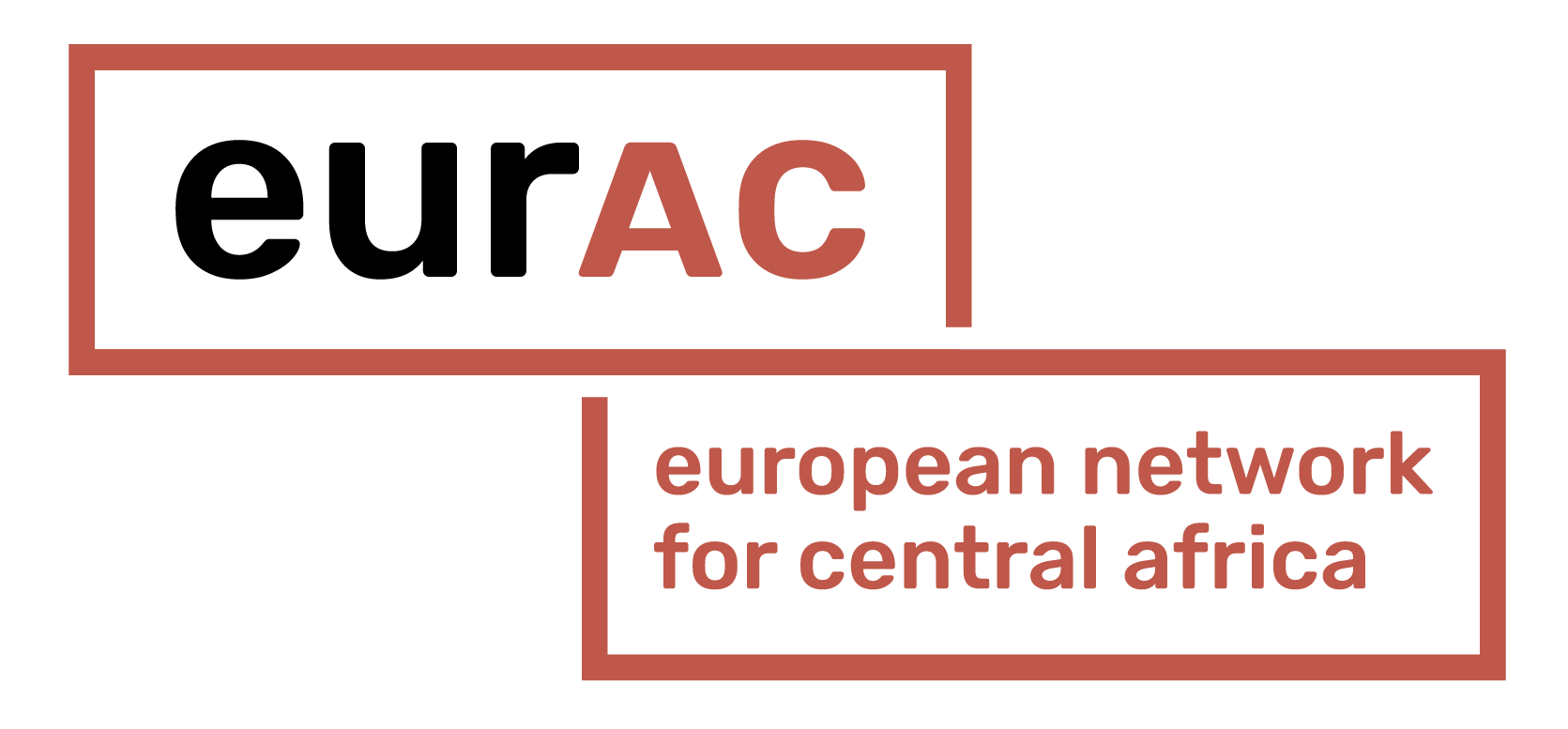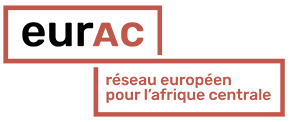Mission, Structure & Funding
The Europe – Central Africa Network (EurAc), created in 2003, aims to support the Great Lakes region build a better future. EurAc carries out advocacy work for a strong, coherent and sustainable engagement by the European Union and its Member States integrated into a regional approach.
At present, EurAc gathers 33 European civil society organisations that work on and in the region and that support local civil society in Burundi, the Democratic Republic of the Congo (DRC) and Rwanda in promoting peace and development, and in defending human rights.
Mission

EurAc’s mission is to carry out advocacy towards the EU to contribute to the development and the implementation, by the EU and its members states, of strong and coherent policies promoting peace, inclusive political participation, the sustainable and equitable management of natural resources and the full respect of human rights in the Great Lakes region.
Strength
EurAc’s strength lies in its solid and multi-faceted expertise in its thematic areas of work and from long-standing relations with key local civil society actors from the Great Lakes region, as well as policy and decision-makers in EU institutions in Brussels and EU capitals and in UN agencies, notably in Geneva.
EurAc is in a unique position to monitor EU relations with the Great Lakes region and to send clear and fact-based messages that can shape the EU agenda and actions in accordance with EurAc’s mission and principles.
Mandate
Information
- Inform member organisations and European and international political stakeholders about the situation in the Great Lakes region with a view to facilitating their access to independent and trustworthy information.
Advocacy
- Develop targeted advocacy strategies, coordinated and sound analysis, policy positions and recommendations so that the diplomatic efforts and intervention policies of EU and international institutions (particularly European governments, the European Union, and the United Nations), as well as the main donors, are more coherent and are based on the needs and realities expressed by the people of the Great Lakes region, particularly the most vulnerable and marginalised.
- With a view to supporting or backing local processes, EurAc's role is also to reinforce the political advocacy of local civil society partners supported by members, and to relay their concerns and recommendations at the EU and international community level. These various activities are defined in EurAc’s triennial Strategic Plans, and the priority objectives developed and agreed upon by members. They are also connected to the advocacy that members conduct at a national level in their respective countries.
Consultation & Coordination
- Provide coordination tools which allow members to better coordinate their interventions and projects on the ground, as well as their respective advocacy activities.
Achievements
EurAc produces reports and policy briefs and organises public and expert events aimed at promoting EU policies that foster respect of human rights, inclusive political participation, peace and the equitable management of natural resources in the Great Lakes region. From the issue of conflict minerals to the challenges of shrinking democratic space in the three countries of the region, we strive to make sure that the voices of local civil society are heard at every level of European decision-making process. Here are some examples of our recent publications and advocacy events.
- EurAc successfully advocated for the adoption of a binding European regulation on the responsible sourcing of minerals from conflict-affected and high-risk areas. Through advocacy events, publications, and by working in coalition with other NGOs, we made a strong case for a regulation that works in the interests of artisanal miners and civil society in the DRC.
- In order to keep peace, development and the respect of human rights in the Great Lakes at the top of the EU agenda, we organise public conferences bringing together European decision-makers, civil society from the Great Lakes and Europe to foster dialogue and international cooperation.
- EurAc closely monitors electoral processes and relays with civil society in the Great Lakes to make sure that all voices are heard, including at the EU level. Because we believe that fair, transparent and peaceful democratic elections are fundamental for ensuring that people in the Great Lakes make their voices heard, and that governments are accountable to and work for the interests of their people.
Structure
The flowchart of the European Network for Central Africa (EurAc) is composed of a Board, a Secretariat and member organisations.
The General Assembly, which is EurAc’s decision-making body, meets twice a year. Board members are elected among member organisations by the General Assembly and they meet four times a year.
The Secretariat, based in Brussels, is composed of 2 full-time employees who ensure the coordination and smooth running of the network and its advocacy actions. This involves:
- Coordinating the two Thematic Working Groups (TWGs)
‣ TWG Human Rights & Inclusive Political Inclusion
‣ TWG Natural Resources - Conducting policy research and leading advocacy actions
Information-sharing, analysis, and development of EurAc policy positions are carried out through the Thematic Working Groups. They allow members to actively participate in developing EurAc’s public positions, and internal and external strategies.
Funding
EurAc works almost exclusively on the basis of the commitment and support of its member organisations. Their annual membership fees enable the Secretariat, based in Brussels, to perform its advocacy work and information-sharing independently.
In the past, EurAc has been involved in several projects, together with its members and other allied international organisations. It was funded by donors, such as the Agence Française du Développement (AFD); the Dutch Ministry of Foreign Affairs as well as by the Belgian directorate on development cooperation and humanitarian aid (DGD).
The network has further benefitted from funding from international foundations such as Humanity United, Open Society Foundations and National Endowment for Democracy (NED).

